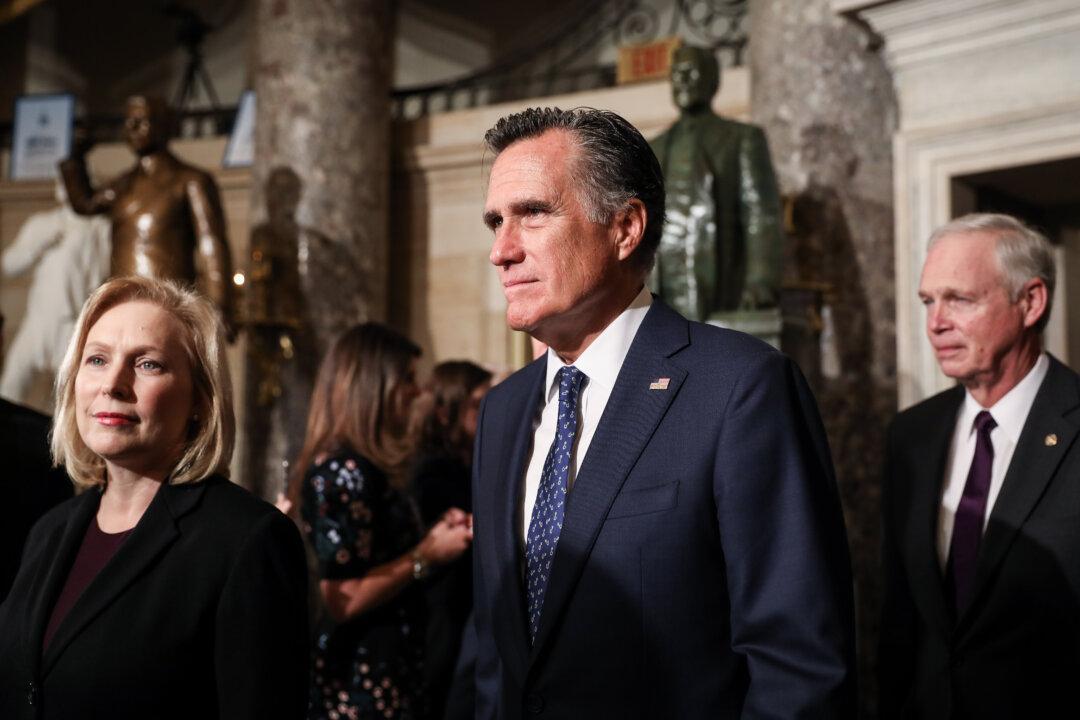In a bipartisan thrust “to reaffirm the United States’ commitment to global health security amid the COVID-19 pandemic,” Sens. Mitt Romney (R-Utah) and Chris Murphy (D-Conn.) said on Friday said they were introducing legislation that would, among other things, establish a panel charged with preparing for pandemics.
The bill (pdf), which carries the short title “Global Health Security Act of 2020,” seeks to codify in law U.S. global health security staffing and activities, which now largely rely on executive orders. It also responds to calls for a permanent designated official to coordinate the interagency response to a health security crisis of global scope.





